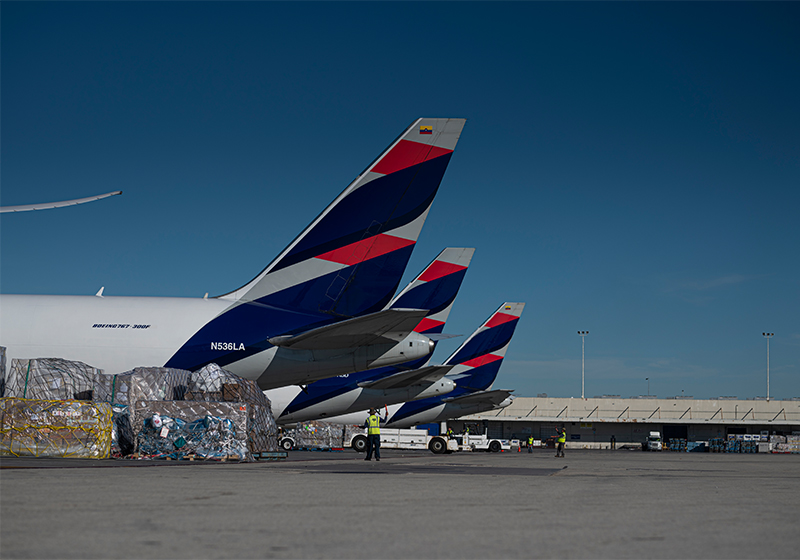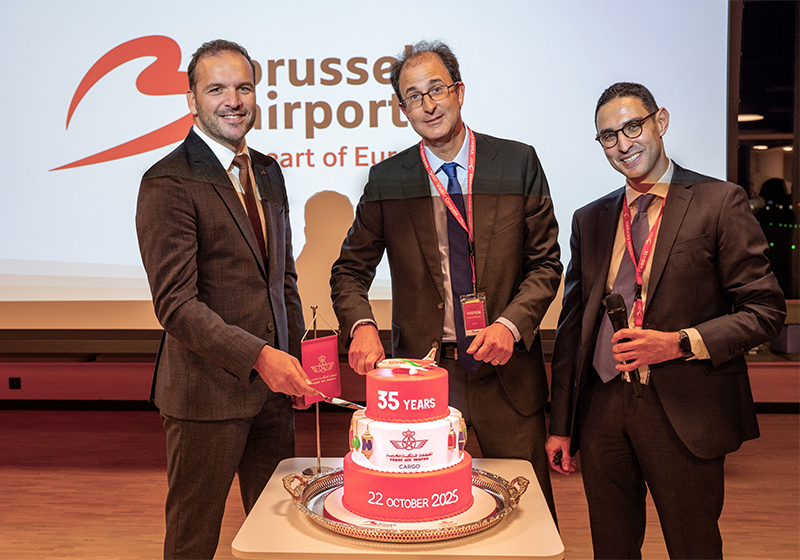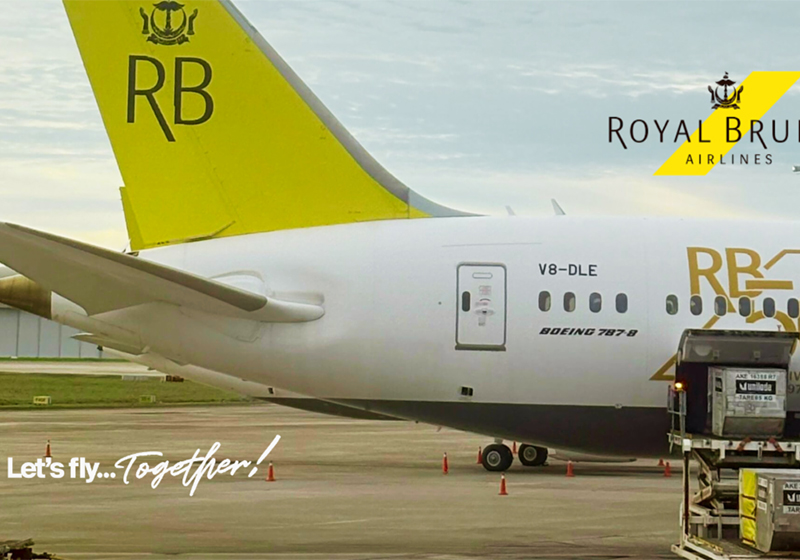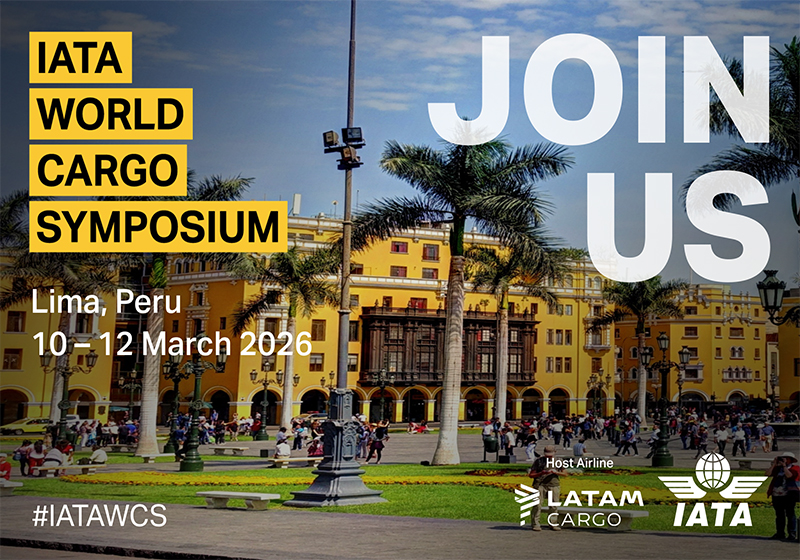LATAM Cargo Group marks a new milestone in connectivity between Europe and South America with the expansion of its cargo operations, reaching 15 weekly frequencies between both continents during October. This represents a 25% increase in total capacity, reaffirming its position as the operator with the widest cargo network between Europe and South America.
Following the increase from 10 to 12 frequencies in October 2024, LATAM Cargo Group continues this growth trend, consolidating a service that is increasingly robust and efficient for its customers. As a result of this expansion, the company will offer 750 tons of weekly capacity aboard its B767-300F freighters, strengthening connectivity between both regions.
“Thanks to the flexibility of our fleet and the coordinated work with our affiliates, we are strengthening our network between Europe and South America, reaching a historic milestone in cargo connectivity between both continents. Our focus is to provide customers with logistics solutions that are more agile, reliable, and efficient—facilitating international trade in a continuous and sustainable way,” said Santiago Álvarez, Chief Commercial Officer of LATAM Cargo Group.
From South America to Europe, LATAM Cargo Group will inaugurate a new operation from São Paulo to Brussels, with a stop in Recife, marking another important step in its cargo connectivity. For the first time, the group will offer direct cargo capacity from Brazil to Europe, strengthening the country’s export network and bringing service closer to the main production hubs of northeastern Brazil.
In the opposite direction, during October, LATAM Cargo Group has launched new routes and increased frequencies from Europe to South America, in line with its expansion plan announced earlier this year.
The new direct Brussels–São José dos Campos (Brazil) route began operations on October 2 with one weekly frequency and is expected to increase to two weekly flights during the winter season. This direct connection will help reduce transit times and logistics costs for European customers, providing a more efficient alternative for the transport of industrial products, auto parts, consumer goods, and general cargo.
Meanwhile, the Brussels–Buenos Aires route has doubled its operation, increasing from two to four weekly frequencies as of October. This growth responds to sustained demand from key sectors such as pharmaceuticals, automotive, and consolidated general cargo, allowing the transport of 80 to 100 tons per week and offering greater flexibility and stability to supply chains.






